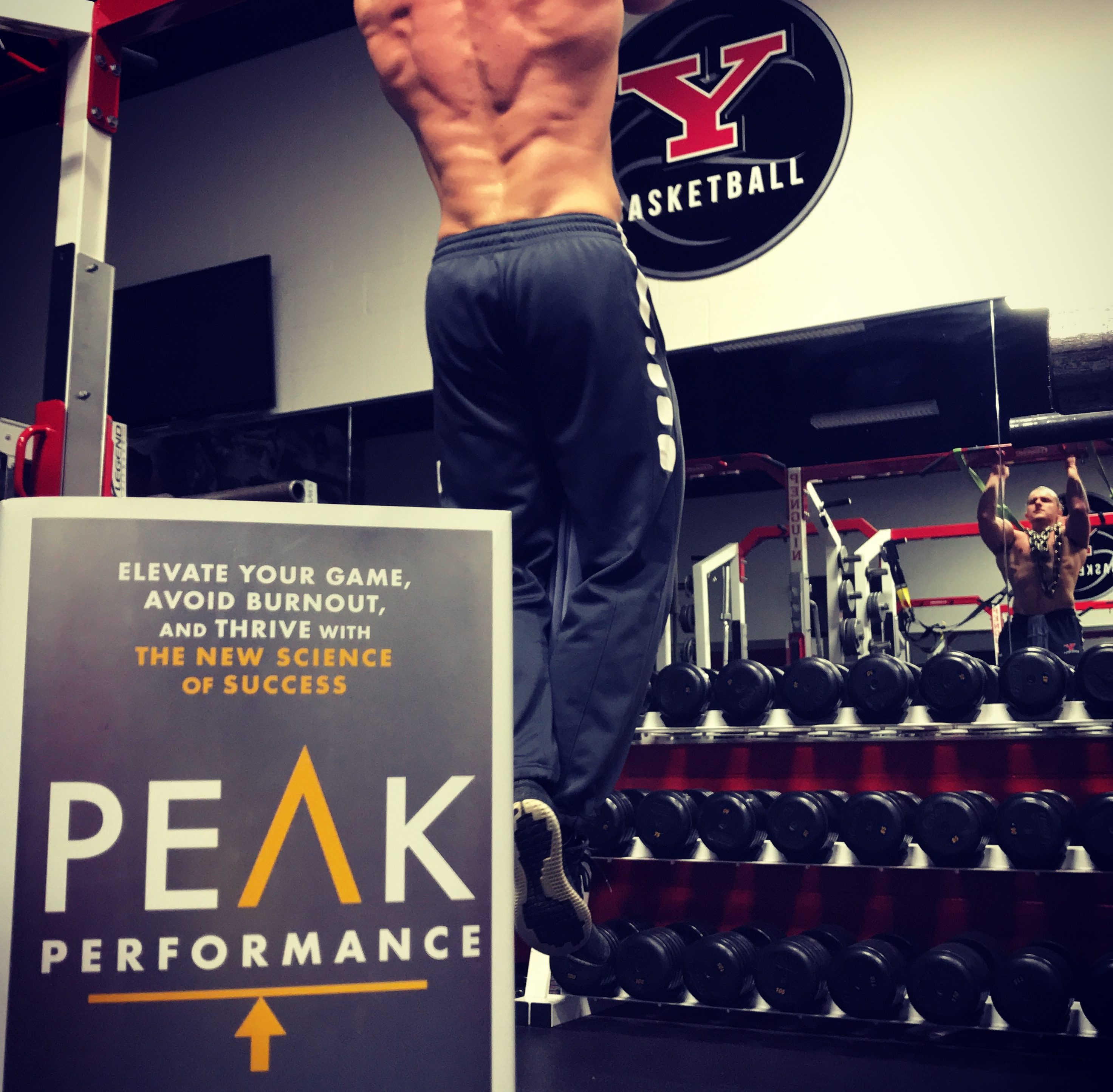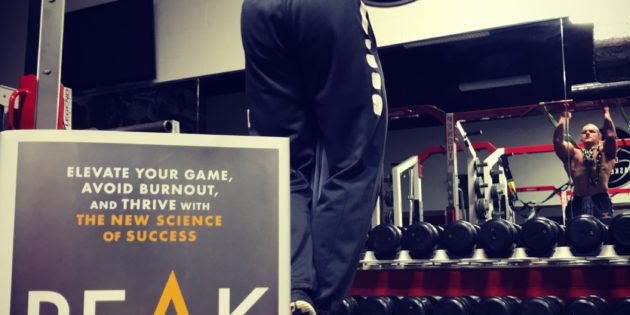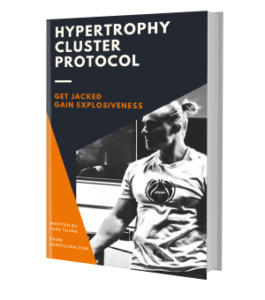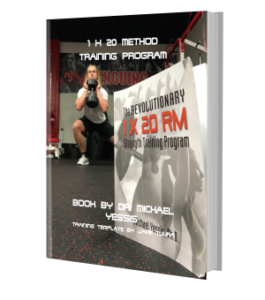My key points from “Peak Performance: Elevate Your Game, Avoid Burnout, and Thrive with the New Science of Success,” by Brad Stulberg and Steve Magness:
1. “It’s not about 10,000 hours, it’s about seeking out ‘just-manageable challenges’ that barely exceed current capabilities.”
2. How we view stress fundamentally changes how our body responds to it.
- Two hormones, cortisol and DHEA, are influenced by stress. If we view stress as a challenge (Growth Mindset), we’ll release more DHEA (health benefits). If we view stress negatively (Fixed Mindset), we’ll release more cortisol (possible health detriments).
- Experienced meditators and elite endurance athletes have the ability to “frame” stress in a positive way.
3. Shutting off our conscious mind allows our subconscious to work, where creativity happens.
- “Our most profound ideas, it seems, tend to come from the small spaces in between otherwise deliberate thinking: when our brains are at rest.”
4. Spending time in your social circle enhances recovery after intense stress.
- “The basic biology of feeling connected to others has profound effects on stress physiology.” – Kelly McGonical, PhD.
5. Sleep and rest
- “Hours 7 to 9 – the hours that the majority of us never get – are actually the most powerful.”
- Anabolic hormones: “You can get more of the same hormones that countless athletes have risked their health, reputations, and careers for (by injecting synthetic steroids, aka doping) simply by sleeping for a few additional hours.”
- “If we never take “easy” periods, we are never able to go full throttle and the “hard” periods end up being not that hard at all.”
6. ‘Feeling good’ increases testosterone, and thus performance.
- “Perhaps, more than any other hormone, testosterone is linked to performance. It increases muscle growth, strength, and energy.”
- Dave Hamilton, Director of Performance Science for the US Women’s field hockey team. “Without fail, he hold us, testosterone levels were highest when his athletes felt good.
7. Decision-making depletes our mental muscle. Automate unimportant decisions.
- Micheal Joyner, MD “You need to say no to a lot of things so that when it’s time to say yes, you can do so with all your energy.”
8. Motivation (good or bad) spreads through tight-knit groups like a disease.
- Over 4 years in the United States Air Force Academy, “the determining factor as to whether the 30 cadets within a squadron improved was the motivation of the least fit person in the group. If the least fit person was motivated to improve, then his enthusiasm spread and everyone improved. If, on the other hand, the least fit person was apathetic or, worse, negative, he dragged everyone down.”
- In the face of challenge, apathetic or negative peers “exploits and amplifies preexisting doubts one might have.”
9. Your social circle influences your own behavior.
- “Studies show that if one of your friends becomes obese, you are 57 percent more likely to become obese yourself.”
- “If one of your friends quits smoking cigarettes, the chances you’ll smoke decrease by 36 percent.”
- “It’s as if your own attitude pales in comparison to the attitudes of those around you.”
10. Just as the brain shuts down muscle contraction before it’s full capacity, the ego shuts us down before reaching our true limits.
- “By focusing on a self-transcending purpose, or a reason for doing something beyond yourself, you can override your ego and break through your self-imposed limits.”
Purchase Peak Performance here.
HYPERTROPHY CLUSTER PROTOCOL





